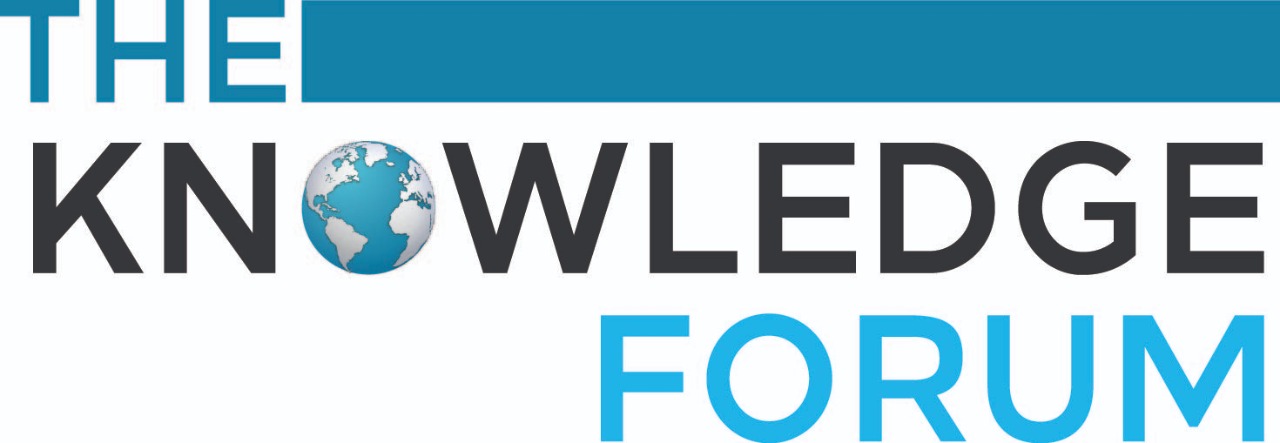Pakistan Bulletin
An up-to-date and informed analyses of key issues of Pakistan.
A Crisis of Justice and Humanity
September 2024
Pakistan stands at a critical crossroads as blasphemy laws are being increasingly misused to fuel violence and injustice.
Recent tragic incidents in Quetta and Mirpurkhas expose the alarming misuse of blasphemy laws, highlighting the urgent need for reform.
As the cycle of extrajudicial killings and societal vigilantism continues, the country must confront the deep-rooted issues surrounding blasphemy accusations and their impact on justice.
The misuse of blasphemy laws is not a new story. However, with every new incidence, there is an increasing call for blasphemy law reforms. Reform is admittedly a difficult task because the subject is sensitive and closely related to religious and cultural identities. However, the alternative — a never-ending cycle of extrajudicial executions, allegations, and mob violence — does not align with any aspirations for a society that upholds justice and the rule of law. Perhaps the state can start with an implementable strategy that protects individual rights and promotes religious tolerance. Such a strategy may require judicial reform, political audacity, and concerted efforts for behavioural change in public. Moreover, to ensure that charges of blasphemy are handled fairly and in compliance with due process, there is need to fortify the country’s legal system. Law enforcement organizations must have better tools and training to safeguard the people under their supervision.

Get the latest news and updates from our team
